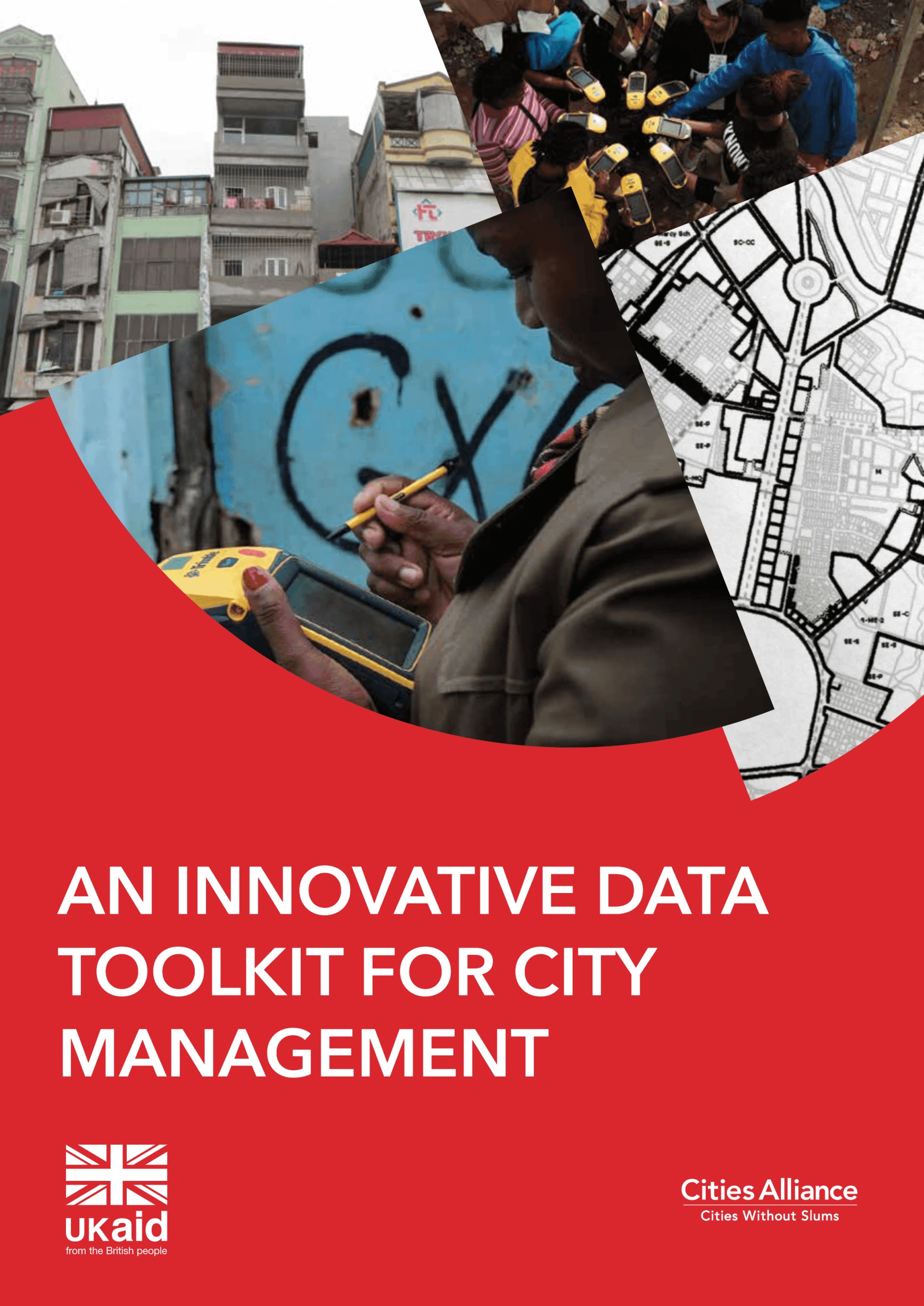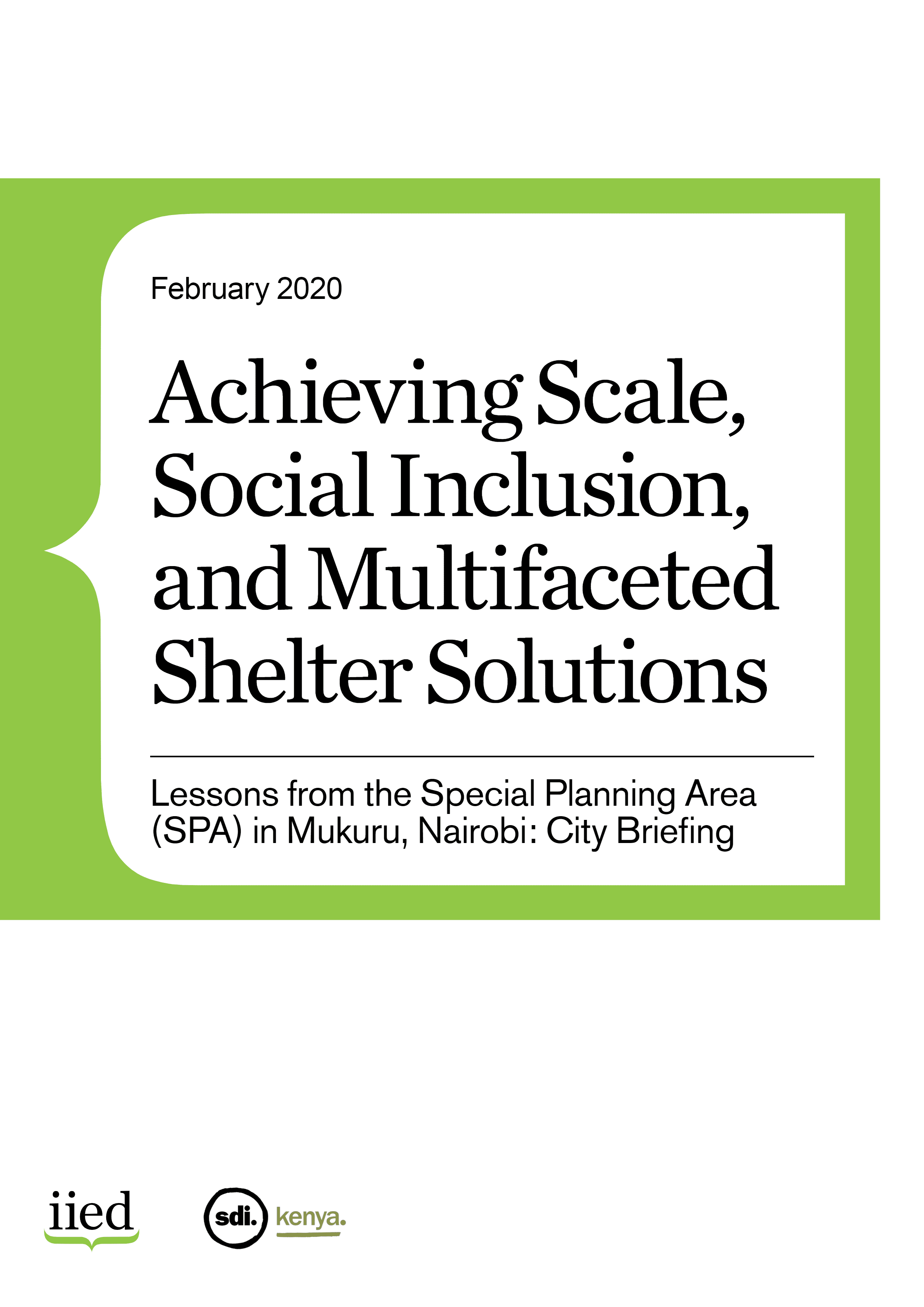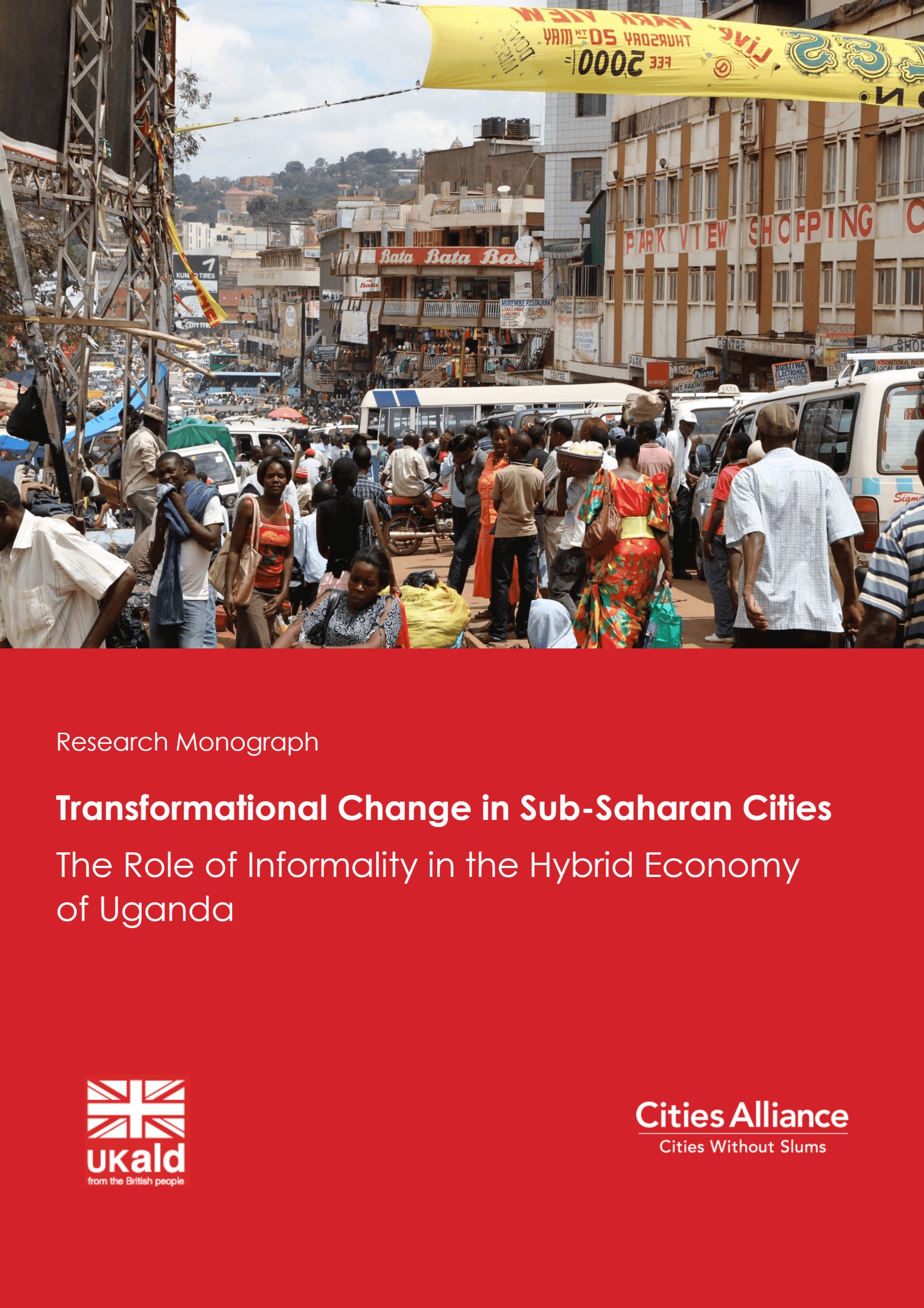- Who We Are
- How We Work
- Regional / Country Initiatives
- Legacy
- Core Themes
- Working Groups
- Portfolio & Results
- Newsroom
- Resources
Innovative Data Toolkit for City Management

Sub-Saharan Africa’s urbanization challenge is complex, all the while changing rapidly. Estimates suggest that at its current rate, sub-Saharan Africa will cease to be predominantly rural by 2030. This rapid urbanization takes place in front of the backdrop of devolution to local government, rapid population growth and increasing threats of shocks to the natural ecosystem in the form of hazards, droughts and slow-onset effects of climate change. These stressors threaten to stretch the capacity and resources of urban governments to provide adequate services, plan growth or even manage their cities.
In this context, the Future Cities Africa (FCA) initiative aims to create a data ecosystem spanning the five FCA pillars – economy, environment, citizenship, governance and service delivery – to provide valuable insights for medium and long-term strategic investments, planning, and development, alongside immediate and short-term improvements in operations and management. Furthermore, the FCA initiative seeks to improve cities’ resilience to unfavourable external shocks by helping the cities depend less on external resources and support.
This practical and innovative data toolkit is a part of this programme: it was developed to empower local governments to identify, collect, manage, analyse and utilize data so that any local government can understand its city and govern and plan it better. The toolkit leads cities to identify specific action points to improve data maturity, and then it guides cities on the most optimal governance approaches that they can adopt for such transformations. The toolkit explores several approaches (top-down, bottom-up, silo-in and centre-out), along with succinctly explaining the advantages and prerequisites for each of these approaches.
The toolkit seeks to incorporate a clear rationale for cities to improve their data ecosystem in order to justify expending resources in an environment of weak capacity and competition for resources. It does this by presenting a portfolio of decision-support tools sourced from FCA’s ongoing initiatives, as well as existing open tools available via various multilateral and bilateral agencies and foundations.
It is important to note that the toolkit does not presuppose any specific ‘theory of change’ – that is, increases in data availability or quality will automatically lead to improvement in service levels or outcomes. Rather, it looks at data as a necessary (if not sufficient) ingredient in tracking progress and seeks to identify the most efficient mechanisms for collecting and managing such data across city typologies and need categories.
Several aspects of this toolkit – including the indicator sets, evaluation rubric for the assessment of data maturity, parameters for structural assessment, and options for transformation of the data ecosystem – are based on the rapidly changing landscape of data governance models and tools. Because of such, the toolkit is intended to be dynamic. The authors of this publication encourage city governments to deploy the toolkit and share their experiences through commonly used platforms to continuously integrate the collective wisdom generated for better iterations moving forward.


